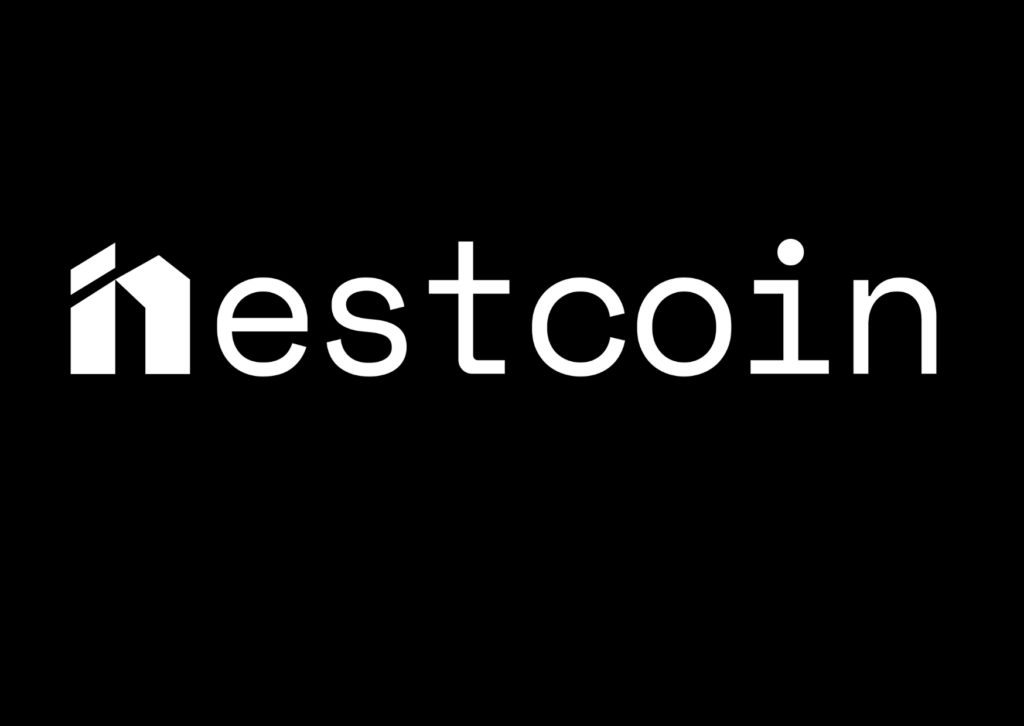With the adoption of blockchain and the tech it creates, crypto has given rise to exciting innovations like non-fungible tokens (NFT), decentralised finance (DeFi) and decentralised autonomous organisations (DAOs).
Emerging economies have experienced an explosion in the adoption of crypto and blockchain technology, but a new startup wants to bring more people into the fold by lowering the barrier for entry.
The brainchild of Taiwo Orilogbon and Yele Bademosi, Nestcoin is a parent company that wants to create crypto-native products beyond trading and investments, with a focus on driving the adoption of crypto in Africa.

Nestcoin wants to help Nigerians first, then other Africans, “exit the status quo” by offering them access to wealth using crypto technology or elements of web 3.0 like NFT, DAOs and DeFi.
It wants to do this through its media publication, Breach, and other products that use crypto technology—spanning across DeFi, media, digital art and gaming.
“The products we build are tools of individual freedom and creative expression,” said Bademosi in a call with TechCabal.
Tapping into Africa’s deepening crypto culture
Bademosi and Taiwo’s ambition is rooted in their rich history in Africa’s crypto space. While Taiwo is a former Chief Technology Officer (CTO) of Bundle Africa, a Nigerian crypto exchange, Bademosi has been investing in crypto companies since 2017. He was among the earliest investors in Nigerian crypto exchange, Buycoins, which is now under a new parent company, called Helicarrier.
Before Nestcoin, Bademosi was a former director at Binance’s venture capital programme. In 2019, he got seed funding from the same programme to launch a payment app in Nigeria, Bundle.
At Bundle, Bademosi said he realised the entry point is the same as the ceiling when interacting with crypto in Nigeria: trading it. So, he set out to create innovative products beyond this ceiling.
But before Binance Labs, he’d begun his career in venture capital as the founding partner at Microtraction, one of the most active investors in African early-stage startups now.
Using education to drive up crypto adoption
Africa is the fastest adopter of cryptocurrency among the regions, according to a survey by Chainalysis, a US-based research institute. Chainalysis estimates that African countries collectively received around $105.6 worth of cryptocurrency between July 2020 and June 2021. This represents a 1,200% growth. Despite this, however, Africa is still the smallest crypto economy of all the regions, the institute studied. Africa received just 3% of the total value of crypto in the world.
Citing data from crypto exchange, Luno, that 55% of Nigerians do not use crypto because they don’t understand it, Bademosi admitted that crypto is still confusing to a lot of people.
“So, we’re trying to close that information gap in terms of trying to make crypto more relatable and familiar,” Bademosi said.

As part of efforts to drive crypto adoption using education, Nestcoin is setting up Breach to create content that explains complex crypto topics like DeFi, Blockchain, DAOs, DApps, NFTs and more to novices.
Breach, officially launched today, is a platform that uses newsletters and blog posts to make easily digestible content that will help everyone make sense of the crypto world. Spearheaded by media analyst and former head of communications at Eko Atlantic City, David Adeleke, who will now be managing editor for Breach and communication lead for Nestcoin, Breach intends to make crypto mainstream and help people jumpstart their crypto careers.
Incentivising the crypto community
Nestcoin wants to create a community of users that understands crypto, as a way to make their lives easier. Nestcoin will then harness the power of this community to create new products and embark on projects that can generate revenue. “It’s a community that we want to incentivise and reward for their participation,” Bademosi said.
Nestcoin is also creating avenues for users to make money by getting them to play games on the blockchain and invest in digital art.
“The community will be able to play crypto games that have the potential of helping them earn more than in their day jobs,” Bademosi said.



















